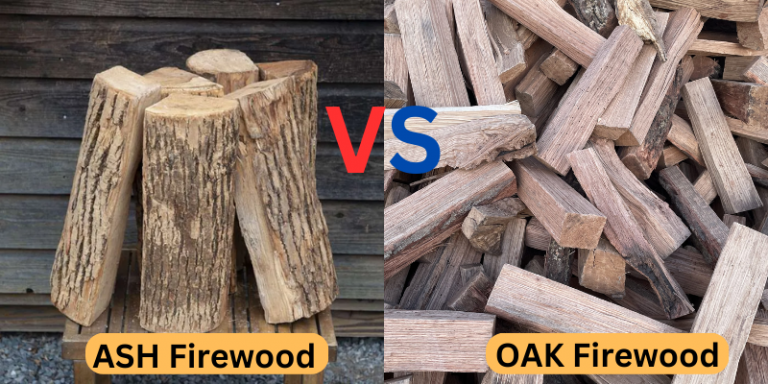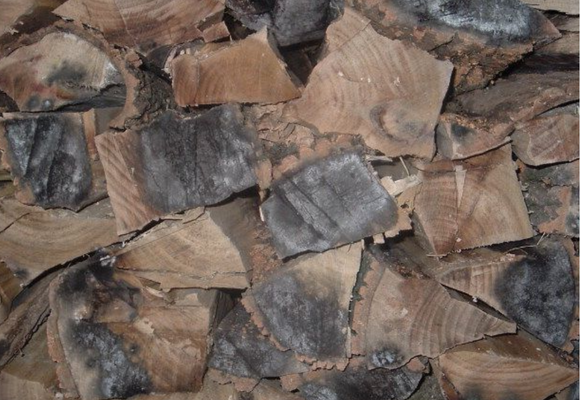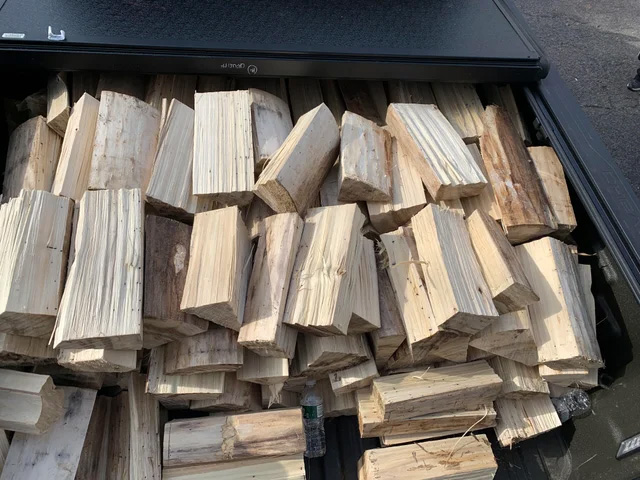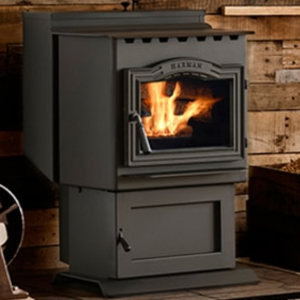Humboldt Notch Vs Conventional – Let’s Explore More About Both
Felling trees, even with the help of professional tools, is a risky thing; the task should be done with extra care so that no unexpected incident takes place in the field. Some notches are used while felling and cutting off the trees.
In this article, two main notches are under discussion, which is; the Humboldt notch vs conventional notch.
Surferhandy will illustrate basic definitions of both types and the main features of both notches in terms of their advantages and disadvantages.
When users ask why the type of notch should be selected carefully and the actual purpose of having the notch at the time of tree felling.
The answer involves multiple reasoning, but the main reason is; the falling time of the tree after it has been cut down is decided by the angle of the notch. Moreover, the rise in which trees fall after being cut out is also determined by the notch placement.
Humboldt Notch Vs Conventional
Humboldt notch Vs conventional notch is a must to make the comparison as users want to know which notch to choose based on the features, pros, and cons. The article below will give a detailed overview of both of the notches.
Though, a precise answer to which notch is best could be that professionals prefer the conventional notch to the Humboldt notch based on the exceptional features that it later provides to the users.
Humboldt Notch
Humboldt notch is one of the traditional notches which is not so popular as it does not contain a lot of features.

Though the main quality of this notch includes; that notch is an upside-down one, which works at 45 degrees, an angle that features from the flat top side of the notch, unlike the other notches, which have a flat tip at the bottom side.
Moreover, the cut at the back of the Humboldt notch is slightly aligned above the notch’s apex.
Pros Of Humboldt Notch
Here are the pros that the Humboldt notch contains;
- It contains a bottom-cut angle that makes the falling of the tree much easier when compared to other notches
- Humboldt notch ensures the primary butt trees do get their desired intact value while falling off.
Cons Of Humboldt Notch
Some of the cons of the Humboldt notch are as follows;
- The main drawback of this notch is that it disconnects halfway from the descent, which makes the notch uncontrollable and can cause big troubles
- Handling of the Humboldt notch is tough compared to other notches, which makes it tough for the users to handle it at times
What Is A Conventional Notch
The conventional notch is the most popular and frequently used notch available in the market.
This notch is highly featured and includes; the 45 degrees angle that notches from the flat bottom side and the parallel side of the ground; moreover, the back of the conventional notch lies above the lateral apex of the notch.
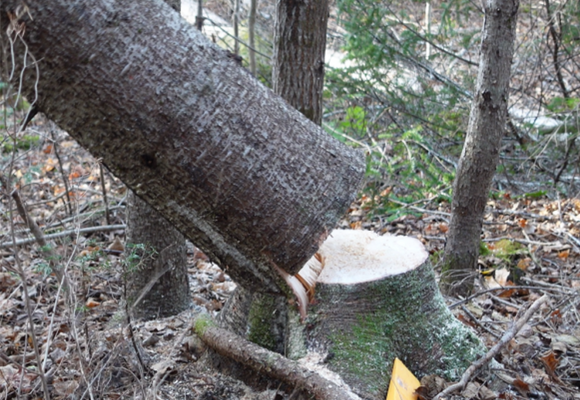
Pros Of Conventional Notch
The pros of conventional notch include the following;
- The conventional notch cuts the tree from above the notch apex, which makes it easy for the tree to fall off
- Conventional notch let the small stumps happen
- Stopping of notch halfway through the descent makes gives adequate time to tree for falling
Cons Of Conventional Notch
The following are the cons of the conventional notch;
- The last advantage of the conventional notch discussed above can sometimes become the biggest disadvantage, as stopping the notch can cause uncontrollable situations
Difference Between Humboldt And Conventional Notch
- The Humboldt notch sets the angle from the flat top, while the conventional notch angle is selected from the flat bottom side of the ground
- The unexpected halfway stoppage of the notch is beneficial for the conventional notch, while for the Humboldt notch, it is a big trouble
- Humboldt notch is rarely used, while conventional notch is frequently used and preferred by the users
FAQs
Gardeners and professionals mostly use conventional notch as it is handier and contains more features.
The users prefer the Humboldt notch though its main feature is; the notch cuts from the angle of 45 degrees, which is set through the top of the flat garden rather than the bottom.
The main disadvantage of the conventional notch is against the main advantage traditional notch. When the notch stops unexpectedly halfway through the work, it does give time to a tree for felling off. Still, any unexpected and uncontrollable situation can also occur at such a moment.
Conclusion
Humboldt notch vs conventional notch has been discussed in complete detail, and a conclusion can be drawn after the thorough read that the users find less preferable to the traditional gap. Though, both of the notches are good in their capacity.

In sharing his knowledge, Brayden aims to guide individuals and professionals alike through the complexities of managing land and effectively using machinery. His insights are practical, borne out of hands-on experience, and cover a spectrum of scenarios in land management. More about me

